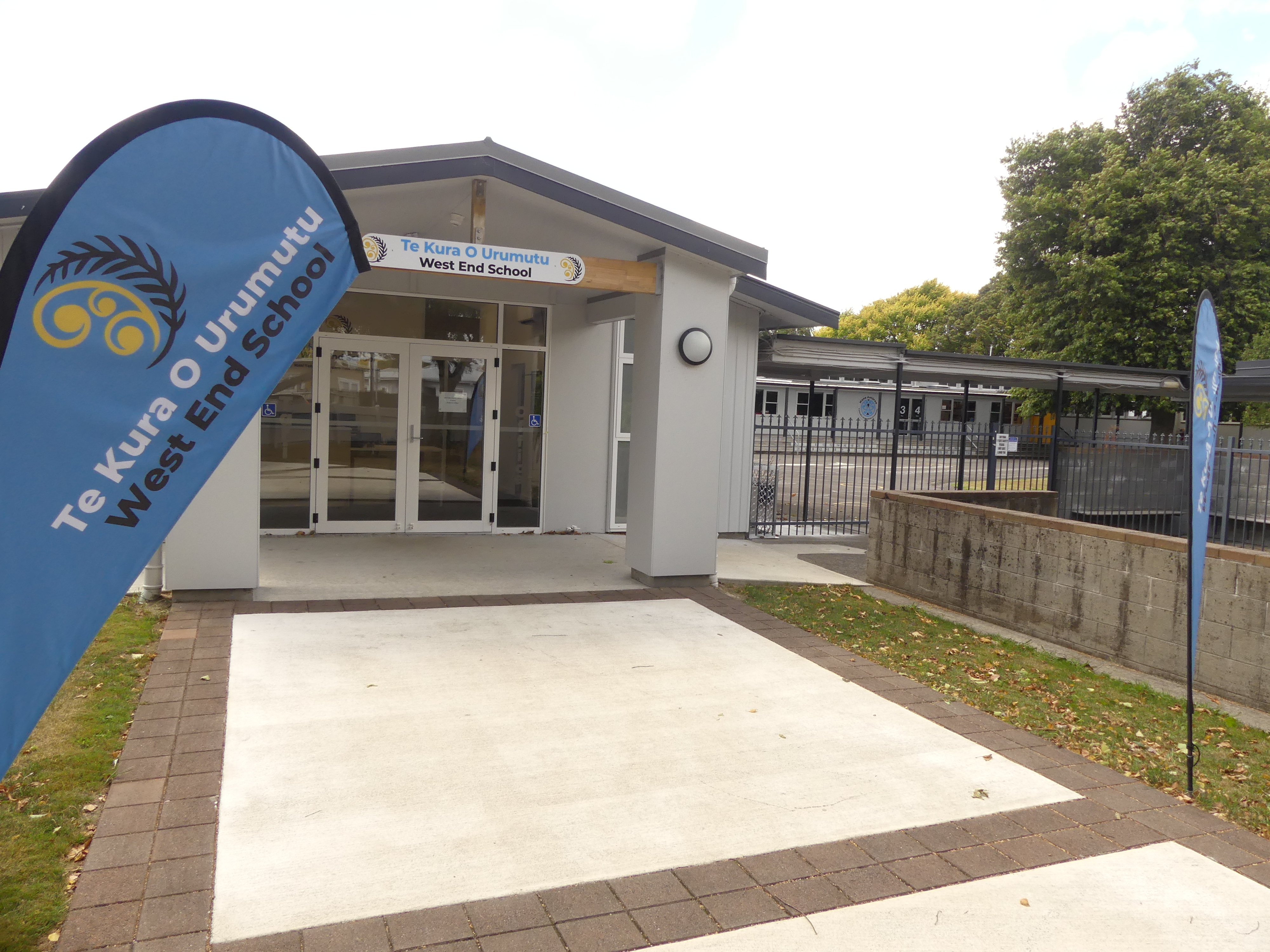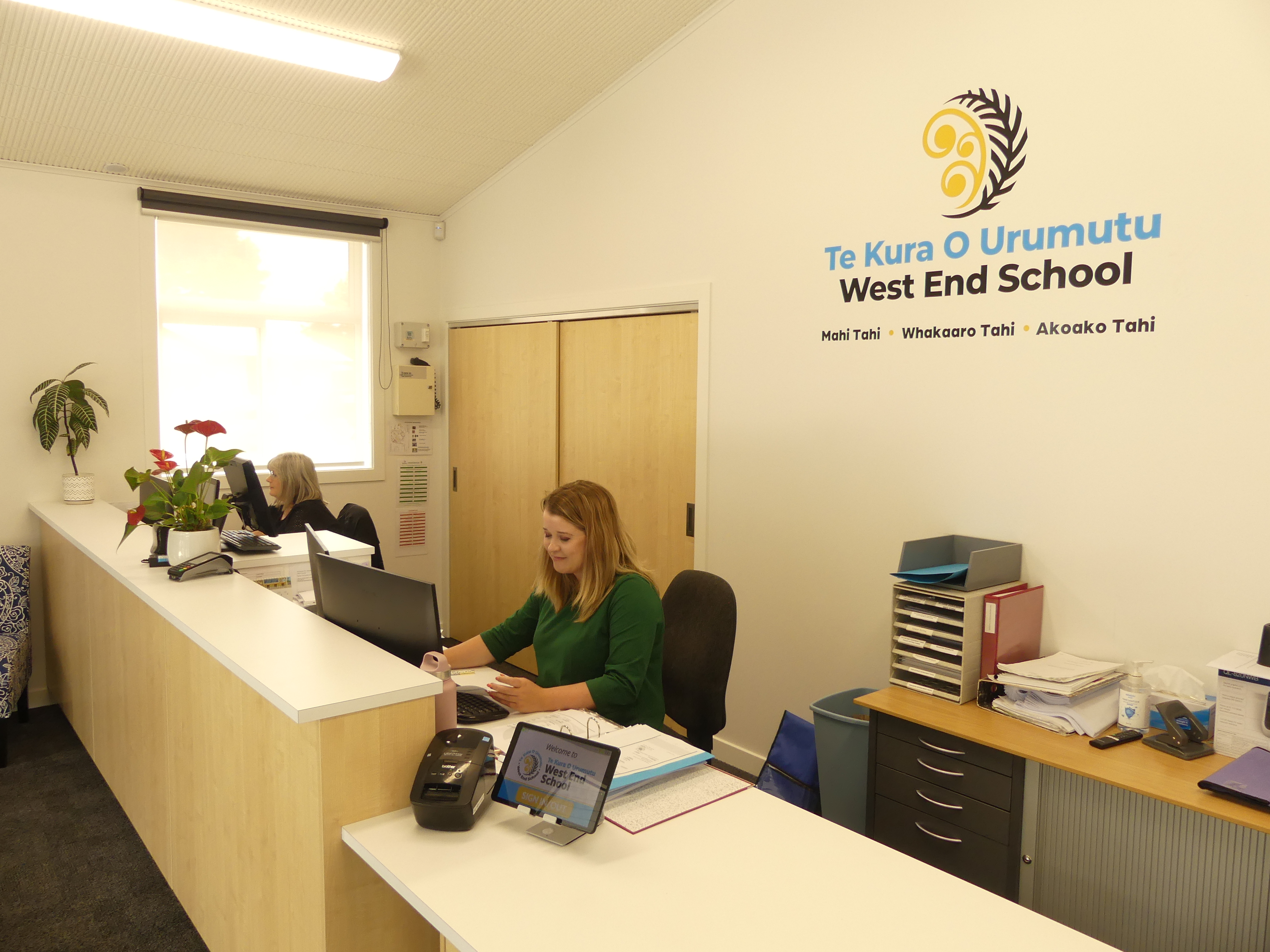Enrolment Info
Ballot for Term 3, 2024 is NOW OPEN

Enrolment Documents
These Enrolment Forms are an option for families enrolling students coming from overseas or out of town that are moving into our school zone. Please click on the links below to download and complete.

New Entrants




Our New Entrant classroom programmes follow both the New Zealand Curriculum (for Years 0-13) and Te Whariki Early Childhood Curriculum (for children aged 0 - 6 years). We provide play-based learning experiences, particularly as children transition to school, and a mix of both student-directed and teacher led activities throughout the day. We also have a strong focus on numeracy and literacy development - taking small groups or individuals for intensive work, as well as integrating reading, writing and maths into our play. Physical Education and Well Being, The Arts, Social Sciences, Science and Technology are also important aspects of our learning.
New Entrants start school on the first school Monday of each month following their fifth birthday.
For new entrant enrolments the school is required to see proof of the date of birth. A Birth Certificate and an Immunisation Certificate are required at the time of enrolment. Also required are two forms of proof of address as per our Enrolment Policy - one must be a utilities bill e.g. electricity bill.
Transition to School
To provide a transition to school which is seamless and reflects part of our usual programme in a relaxed/welcoming way.
The concept Mana Whenua emphasises the importance we place upon the children’s sense of belonging and safety as they take their place within our school family.
Transition sessions take place in one of our New Entrant classes, providing an opportunity for the children to meet with others in the team and familiarise themselves with daily routines and elements of our programme.
What do we offer as part of our transition programme?
- Visits to Kindergartens and Early Childhood Centres to meet those children transitioning
- Home visits if requested
- Early Intervention Meetings with our SENCO and team if required
- Individual meetings with class teacher upon request
What can I do to get my child ready for school?
- Provide your child with opportunities to be confident, curious, persevere with tasks and to be responsible for themselves and their belongings.
- Encourage and help your child to recognise and write their own name.
- Can manage lunch without help.
- If your child is interested in learning their alphabet - please use lower case letters and encourage learning both the letter name and sound.
- When writing children should use a pinch grip (thumb and first finger only).
- Talk about starting school positively and enthusiastically!
All children come to school at different stages and we are very experienced in working with children from where they are at in their learning.
Mornings before school
Teacher tip
Give yourself plenty of time to get ready so you don’t all feel rushed and stressed. Some children get upset walking in late. School starts at 8.50 and children are allowed in the classroom after 8.30.
Arriving at school
- Come in and say hello
- Please tell your teacher about after school arrangements if you won’t be the person picking up your child
- Ask your child if they need to go to the toilet
- Chat with the other children together
- Make goodbyes short – teachers have lots of experience helping children to settle in and managing an upset child.
The school day finishes at 2.50 pm. Before this time the children will work together to tidy the classroom, collect their belongings and say goodbye to each other. Please wait outside so that your child can see you when it’s time to leave.
After school
Expect your child to be very tired in the first few weeks. Go home and just relax.
We suggest, instead of asking ‘how was your day?”, asking more specific questions can be helpful such as, “What did you learn about today?” Letting them adjust to being at home before asking about school is helpful and even waiting until you are doing something else such as clearing up after afternoon tea can be a better way to casually chat about the day.
Schools are very busy places – being organised will really help you feel more settled. This new chapter will bring endless permission slips, parent help requests, newsletters, notices and so much more into your house. Using our school website to stay on top of dates is a great idea. There is a calendar on our home page.
